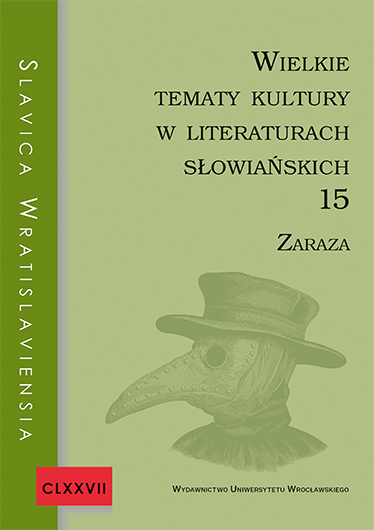

Artykuły

The article discusses the thematic core of V.V. Veresaev’s novel Without a Road (Без дороги, 1894). A detailed analysis of the prose lead the author to believe that the depiction of the epidemic in the protagonist‘s diary has become a catalyst for Veresayev’s own views. The way in which the character perceives the epidemic and the aid for the sick focuses on the rudeness, passivity, mistrust displayed by “the people” towards “the intelligentsia.” The “people’s” aggressive resistance to the protagonist leads him to a mental crisis and, ultimately, death. The depiction of the course of the epidemic revealed the inadequacy of Narodnik notions of the unilateral responsibility of the intelligentsia for the ignorance and misery of “people.” The protagonist of this prose can thus be considered a specific subtype of the so-called superfluous man; although he himself is active, he is doomed to failure not only through his own fault (accepting an unviable ideological premise), but to a far greater extent through the fault of those who are unwilling to accept his help and who have punished him for his altruistic activity.